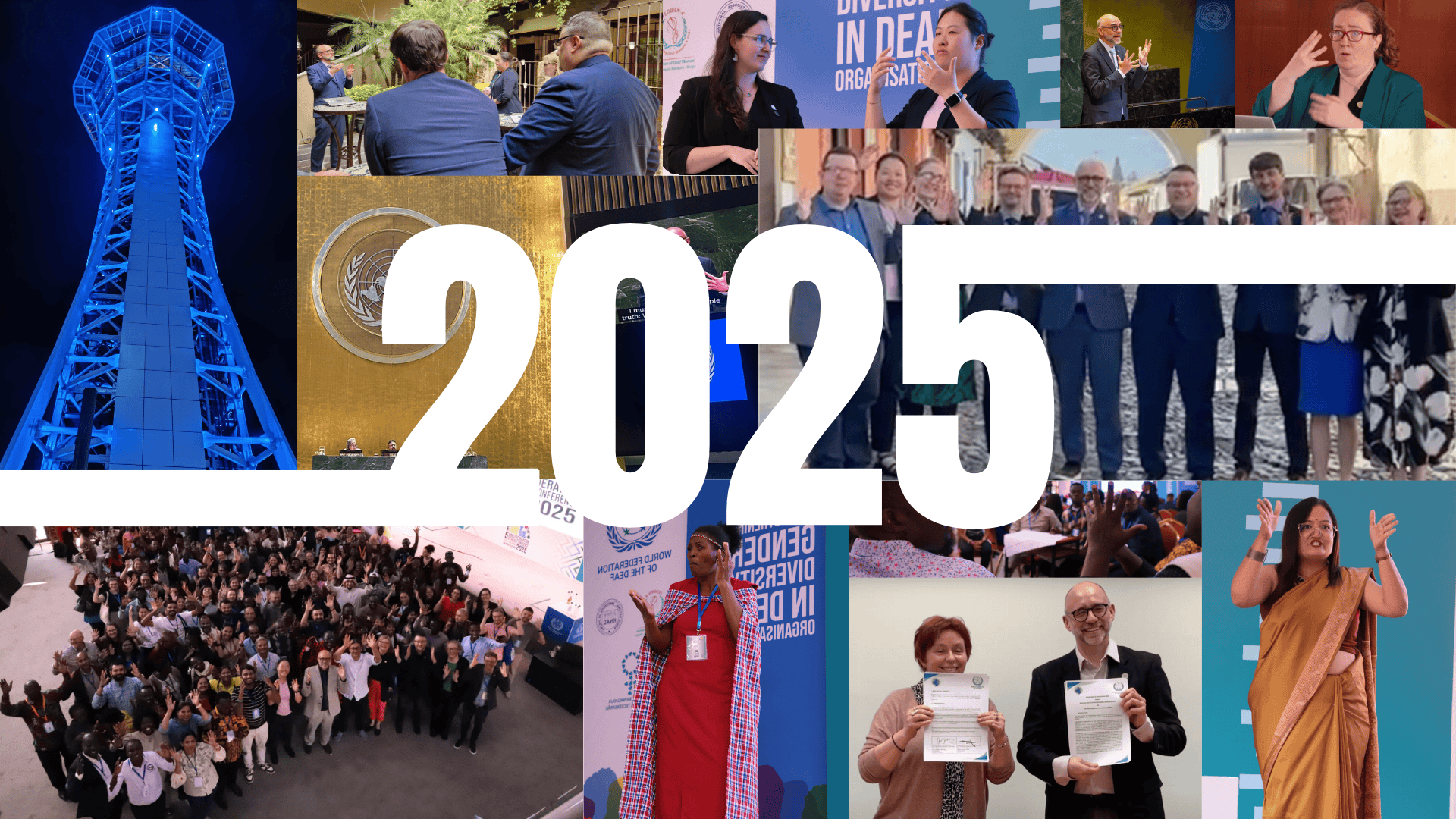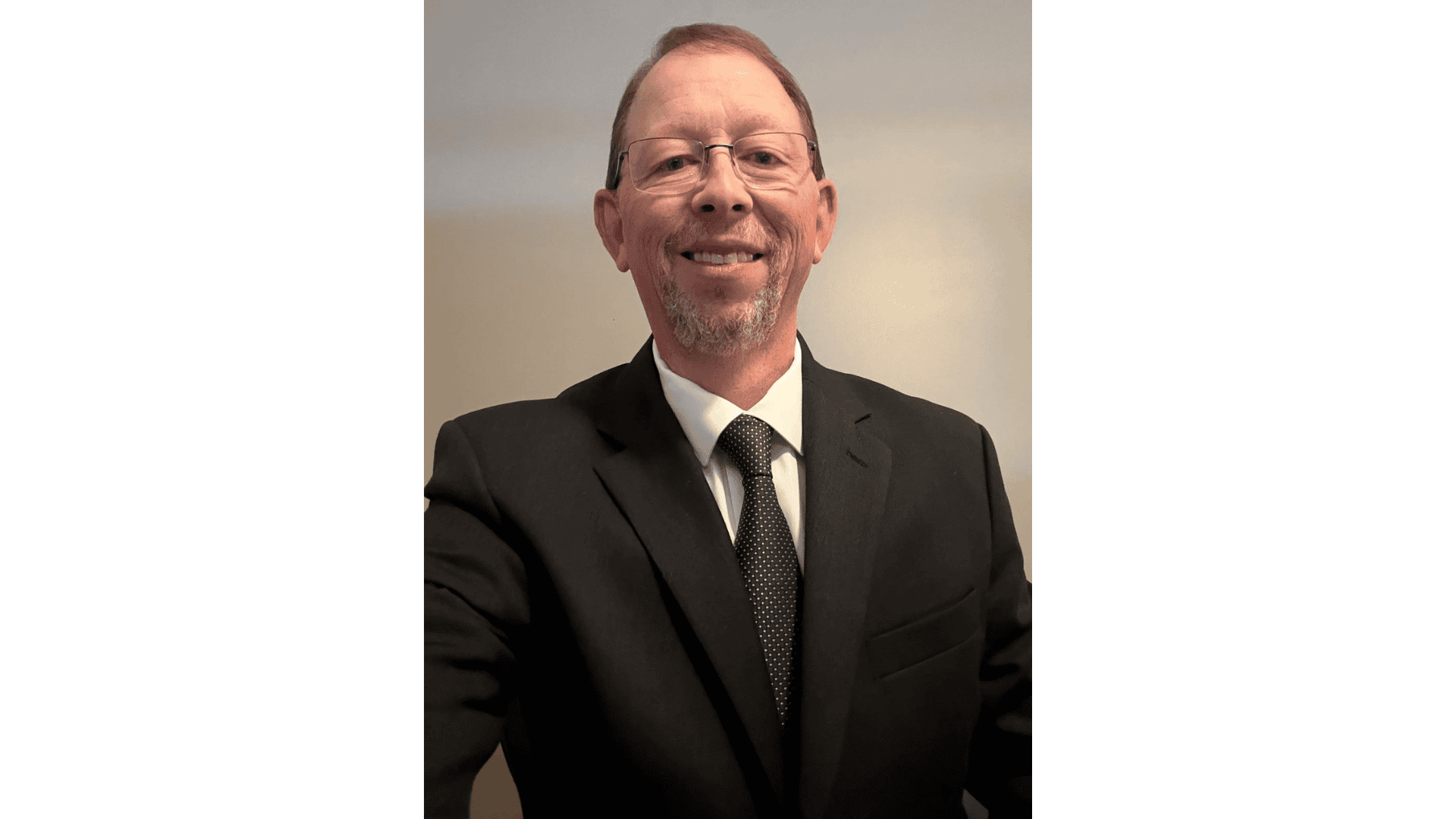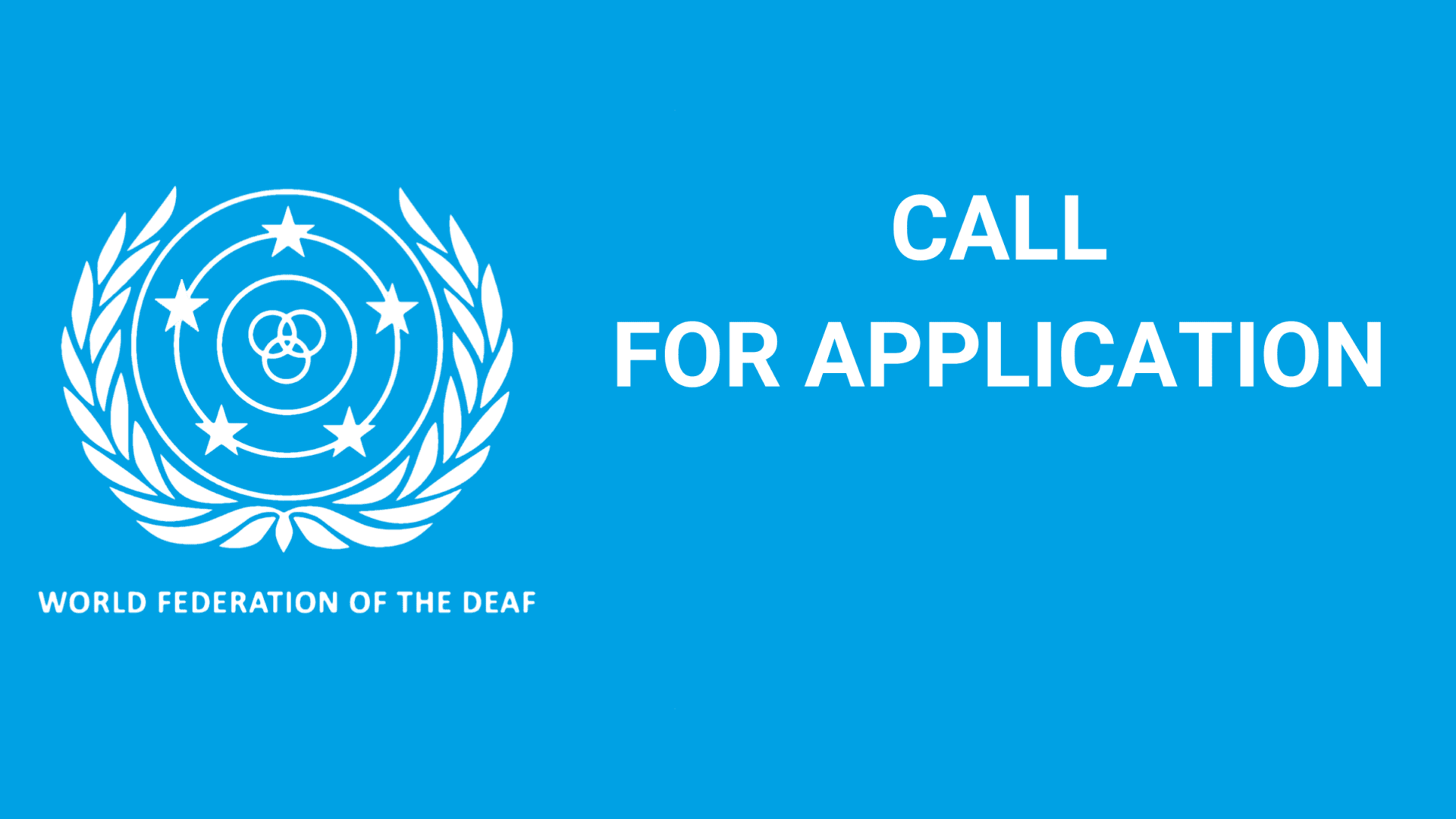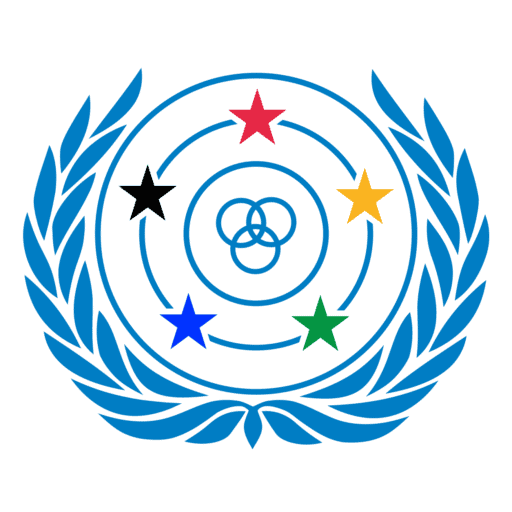Steps forward to health care for Deaf people worldwide
Introduction
Deaf decision makers have raised awareness about huge health challenges within Deaf populations in various countries.
Taking health challenges serious WFD Past-President Markku Jokinen formed a health project team at the WFD central office and furthermore a health project was launched. This WFD Health Resources Initiative is planned to include different parts such as a survey on health issues amongst Deaf leaders of the WFD member states. A second step should be a survey among Deaf communities. In addition a pool of good practice should be established on the WFD website which would allow interested members to get in contact with practitioners in the field and to stimulate and support each other in the development of materials for health education and for implementing relevant projects with respect to healthcare of Deaf people.
As an experienced medical ground- worker Prof. Dr. Johannes Fellinger (WFD Mental Health Expert for the period 2009-2011) supervised the first phase of the WFD Health Resources Initiative that could be launched in May 2010. The project was coordinated by Dr. Alexa Kuenburg and funded by the Hospital of St. John of God in Linz.
WFD Health Resources Initiative global survey
As first step of the WFD Health Resources Initiative an international needs assessment survey among Deaf leaders was performed. A questionnaire was sent to WFD member states that could receive email. The survey results depict the opinion of Deaf decision makers with respect to Deaf health issues. It is the first time Deaf leaders were asked for their opinion concerning Deaf health. The findings show that there is desperate need to fight for Deaf people´ s rights to enjoy equal standards of healthcare as it is claimed by the Convention on the Rights of Persons with Disabilities and Deaf people (§25). Overall this global survey outlines guiding principles for health research and practice.
MAIN RESULTS OF THE SURVEY
|
Participation |
44 countries responded (as there are uncertainties of how many countries could really receive the invitations, we assume this to be half of the eligible sample size). |
| Health problems | The majority of all country respondents (65%) reported that Deaf people have more problems with their health than people with average hearing.
|
| Access to health care | 32 out of 39 country respondents (82%) reported that Deaf people in their countries face more difficulty when trying to access health care compared to people with average hearing, including 13 very high HDI countries.
|
| Sign language support | 17 out of 39 country respondents report that there is any sign language support available in medical settings.
|
| Specific actions | 80% of the respondents outlined their future perspectives and proposed specific actions to improve the health situation of Deaf people
|
| Contact | 18 countries provided contact details for further Deaf health related collaboration |
IMPLICATIONS AND FUTURE DIRECTIONS
62% of the countries participating in the survey had ratified the UN-Convention on the Rights of Persons with Disabilities. By ratification, the legal basis for Deaf Associations is laid to advocate for official measures to realize paragraph 25 and by this to work towards the realization of opportunities that Deaf people might enjoy the highest attainable standard of health without discrimination on the basis of disability by providing the same range, quality and accessibility of health care as for every other person and furthermore special services for special needs people with disabilities might have.
Joining forces of Deaf associations with governmental authorities and particularly with NGOs could achieve this. By sharing knowledge and skills about efficient projects and services this process can be significantly stimulated. The WFD Health Resources Initiative with its section “pool of good practice“ could be used for projects in that direction. Further more national and transnational research projects on the health of Deaf people and on the efficiency of services will be necessary to guarantee quality of services and give evidence for perpetuation and continuous development of legal and practical measures that allow, Deaf people to realize their full human rights.
30 November 2011
Johannes Fellinger, M.D. Alexa Kuenburg, M.D.
Hospital St. John of God
Austria, A-4021 Linz, Seilerstätte 2
For further details please contact: [email protected]




